Is AliExpress legit? Counterfeits, scams, and more
AliExpress is a legit online shopping platform with over 150 million buyers worldwide. While the site has safeguards in place to protect users from fraud, scams still take place, as they do on all digital marketplaces. Read on to learn about the red flags to watch out for on AliExpress’s platform. Then get Norton’s AI-powered 360 security app to help protect against scams and other online threats.

Is AliExpress legit and reliable?
Yes, AliExpress is a legitimate website, where millions of users buy and sell goods. Owned by the online retail giant, Alibaba Group, the company offers many appealing products at low prices. While the company is based in China, its customer base is international.
The website’s massive global popularity and reviews prove the marketplace is legit, but it has a mix of satisfied and unsatisfied customers. Like other online retailers such as Temu, AliExpress hosts many third-party sellers, and it may not always verify products. Instead, it defaults to customer reviews to evaluate sellers’ legitimacy and reliability. Customers should, therefore, watch out for fake and misleading product pages when shopping.
Personal data security on AliExpress is more or less on par with its competitors — so while AliExpress is generally safe, there are still some risks to using the platform without extra online security.
Why is AliExpress so cheap?
AliExpress is famous for its affordability. While this may make users question its products’ legitimacy, the low prices are generally achieved through perfectly legal means. Here’s why many products on AliExpress are so cheap:
- Low-cost labor: The products for sale on AliExpress are often made in China, where labor and other production costs are low.
- Bulk purchasing: Most goods on AliExpress are produced in large quantities, allowing producers to take advantage of economies of scale and reduce prices.
- Direct-to-consumer business model: Manufacturers can sell their goods on AliExpress directly to consumers, cutting out the middleman and saving costs.
- Minimal branding: Most goods for sale on AliExpress are unbranded or carry little-known brand names, and don’t need to rely on marketing and advertising.
- Cheap shipping: Shipping from China remains cheaper than other countries due to the sheer volume of goods sent from the country. Sellers often use the AliExpress dropshipping model which can further save time and money.
- Slow delivery times: Customers can trade convenience for cost by choosing shipping options that take weeks or even months to deliver their orders.
- Varying product quality: Products on AliExpress don’t typically strive to be top quality or pretend to. Many customers are willing to pay less money for a substandard item.
However, not all practices are always ethical. Shady listings may exist where product pages are misleading, making cheap goods seem more appealing or of higher quality than they really are.
4 risks associated with AliExpress
Unfortunately, AliExpress’s unbeatable prices come with certain risks. These are similar to the risks you take ordering from any online retailer, especially from third-party sellers. They include counterfeit items, misleading listings, poorly made products, and outright scams.
Here’s what you need to watch out for when buying from AliExpress and receiving orders:
1. Counterfeit items
Some items for sale on AliExpress are not genuine. To spot counterfeits, carefully examine the product listing and seller details. Compare the price to other platforms — if it seems too good to be true, it’s likely a fake. Red flags of counterfeit items on AliExpress include:
- Poor product reviews or overly positive ones that seem fake
- Vague or inconsistent wording in the product description
- Generic photos that look like stock images or are identical to photos used by other sellers
- Huge discounts on branded items
- No “Certified brands & genuine items” or “Guaranteed genuine” badge in the product description
Check the product logo on the AliExpress listing against a photo from an official product website, paying close attention to fonts. Some counterfeit items cleverly design their logo to look just like the real thing at first glance — but upon closer inspection, it doesn’t match up.
2. Misleading listings
Some listings use fake pictures in their listings, even if the specifications are accurate. For example, sellers may make the product look bigger than it is.
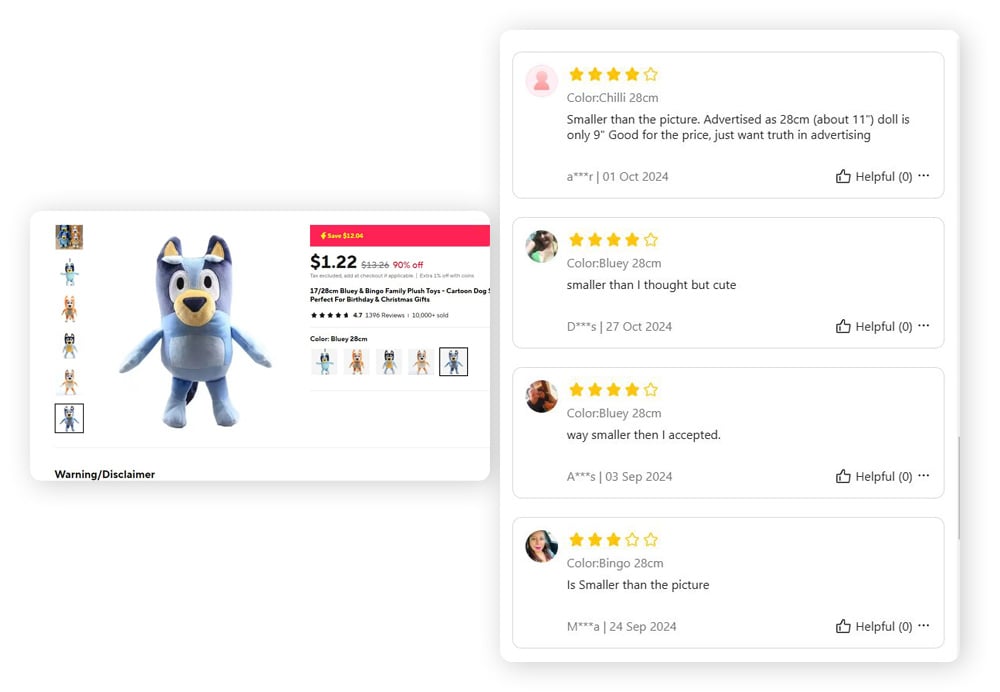

Check all product details thoroughly, comparing the description to the photo. The real dimensions could be included in small print.
If you’re looking for a specific brand, take note of any listings where the brand name is misspelled. While not always intentionally deceptive, some listings rely on customers who make hasty purchases without taking a careful look at the description of the product they’re buying.
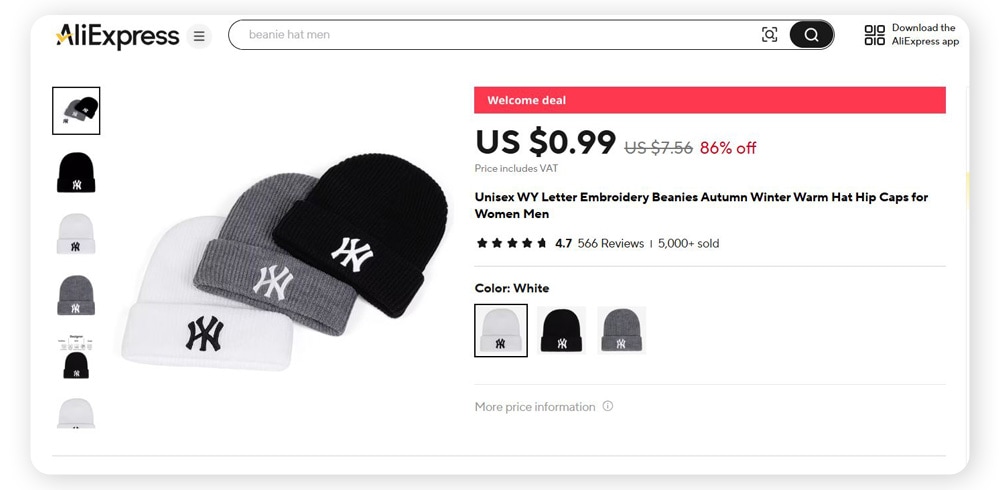

3. Malicious products
Although many electronics sold on AliExpress are safe, certain products may expose you to malware. For example, in 2023, customers purchasing some Android TV boxes on Amazon, AliExpress, and other resellers discovered that the devices had been pre-infected with malware. These devices connected to botnet command-and-control servers and joined a click-fraud network designed to generate ad revenue through fake clicks.
Be careful when buying items online that contain software. Look for reputable sellers and official retailers of these products. Be wary of unknown third parties selling suspiciously cheap hardware or software. The products may have been tampered with to install spyware or another type of malware.
4. Brushing scams
In brushing scams, third-party sellers send unsolicited packages to random recipients, often containing lower-quality or different items. The scammers then use the recipient's identity to create an account and post fake positive reviews for their products on platforms like Amazon or AliExpress, boosting their store’s credibility.
While getting free stuff delivered to your doorstep may not seem like a big problem, it could be a sign of identity theft, since a cybercriminal has access to your personal information (in this case, your name and address) and is using it to commit fraud. If they have additional information or sell your data, cybercriminals could use it to steal your money or open accounts in your name.
Brushing scams can also damage your online reputation if your name’s connected with a dangerous or defective product. To reduce the risk of getting swept up in a brushing scam you need to protect your personal information online by monitoring your data on the dark web and removing it from people-search sites.
Norton 360 Deluxe can help keep your data safer because it monitors the dark web§ for your information and notifies you if your details are found. That way you can take action and secure your accounts. It also comes with AI-powered scam detection technology you can use to help keep you safe from AliExpress scams and other online threats.
How does AliExpress protect buyers?
AliExpress protects buyers by offering secure payment options and a buyer protection program that can grant customers a refund if they’re unhappy with the product. Such protections are pretty standard across all decent e-commerce platforms.
Buyer protection
AliExpress’s buyer protection program guarantees customers a refund if their order doesn’t arrive, arrives damaged, or doesn’t arrive as described, provided that the label “Buyer protection” is present on the detail page. The buyer protection period lasts for 15 days after you confirm you received the product. Buyers can file a dispute and get a partial to full refund if the seller doesn’t follow up with after-sales service or if they exhibit unacceptable behavior in the process.
Secure payments
AliExpress uses secure payment methods to process transactions. Customers can pay using various options like credit or debit card, digital wallets like Apple Pay, or services like PayPal. Customers can also use the platform’s own secure payment platform, AliPay.
AliPay can offer AliExpress customers discounts and extra benefits such as holding the payment in escrow until you receive the product, rather than making the transaction immediately.
7 tips to help avoid AliExpress scams
Despite the platform’s efforts to combat fraud, you may encounter scams on AliExpress while you shop. Protect yourself from online shopping scams by learning to spot them while browsing for cheap deals. Here are our top tips:
1. Don’t buy expensive name-brand products
Don’t buy name-brand products like Apple, Samsung, or Nike on AliExpress. These brands are popular for knock-offs, and suspiciously low prices are likely too good to be true. On the other hand, AliExpress can be a great place to shop for inexpensive, generic-brand items that are easy to manufacture.
2. Double-check product listings
Review product listings carefully. Ensure the photos look legitimate and the product's specifications correspond to the images. If something seems a bit off, don’t buy the product. Saving a few bucks isn’t worth the headache of buying something that doesn’t work or fit right.
3. Check user reviews and ratings
User reviews and ratings can help you evaluate a seller’s credibility. If an item or seller has a lot of negative reviews complaining that the product is defective or not as described, it’s best to avoid the seller.
Conversely, a product with only five-star reviews could be equally suspicious, as the reviews may be fake. Most legit storefronts on AliExpress have a mix of positive and negative reviews.
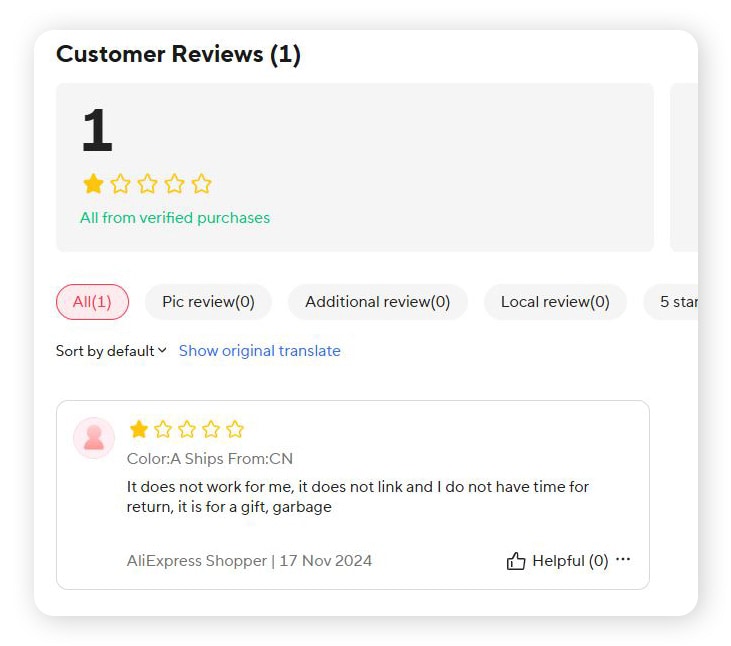

4. Verify the seller
There are several easy actions you can take to help confirm an AliExpress seller is legitimate and that genuine customers are buying their products.
First, check the seller’s profile, which has information about their history, production capacity, and any certifications. Sellers with a long history and a detailed profile are more likely to be legitimate. Ensure the seller uses secure payment methods for transactions, and be wary of sellers who only accept bank or Western Union transfers.
Participation in AliExpress’s Choice program is a positive signal. Choice is a premium service in which AliExpress takes care of delivery, disputes, and other aspects of customer service instead of third-party sellers.
5. Start small
You can test a seller’s legitimacy by making a small purchase that won’t break the bank if it turns out to be defective or gets lost. This shouldn’t be too painful, as many items on AliExpress only cost a few dollars. If the product arrives as described and on time, you can then try buying something more expensive.
6. Enable tracking and alerts
For extra assurance, only order items that say “tracking available” when you click on the shipping details. You can also enable notifications to monitor the status of your order. Nevertheless, remember that tracking information on AliExpress is not always up-to-date. Your order may still arrive even if it’s very late.
7. Document everything
To ensure you can get a refund if necessary, take screenshots of product pages, seller promises, and communications to support any dispute claims. Compiling cold, hard evidence should make it harder for AliExpress or the seller to refuse to refund you for defective items.
Shop confidently with Norton
Wherever you shop online, you should do so safely and securely. Platforms that rely on third-party sellers can inadvertently put their customers at risk.
Norton 360 Deluxe comes with powerful scam and malware protection that can keep you safer online — whether you’re shopping or browsing. This robust suite of Cyber Safety tools includes a top-grade VPN to keep your connection more private, a password manager, and dark web monitoring§ to alert you if we find your personal details exposed on the dark web.
FAQs
Should I use a credit card on AliExpress?
It’s safe to use your credit card on AliExpress. Credit cards offer stronger buyer protections, including chargeback options for fraudulent transactions or disputes, than some other payment methods like wire transfers.
But keep in mind that entering your card details into the site could put you at risk if you’re not using a secure internet connection when buying from AliExpress. If you’re worried that cybercriminals could steal your banking details and use them to make purchases online, you can set up safeguards like daily spending limits and suspicious transaction alerts.
How long does it take AliExpress to ship?
It can take anywhere from 5 to 45 days to ship products bought on AliExpress, depending on the item and delivery method. Some items on AliExpress are sent from China on cargo ships, making the process take longer. Shopping on AliExpress versus Amazon can mean practicing patience.
If you don’t receive your package within the promised time, you can open a dispute with the seller that AliExpress will help resolve.
Is AliPay safe?
Yes, AliPay is safe to use — it is comparable to other payment platforms like Google Pay or Apple Pay. AliPay encrypts sensitive user data and monitors transactions for suspicious activity to help protect you from fraud.
AliPay is a trademark of Advanced New Technologies Co., LTD.
§ Monitoring not available in all countries and varies based on region.
Editorial note: Our articles provide educational information for you. Our offerings may not cover or protect against every type of crime, fraud, or threat we write about. Our goal is to increase awareness about Cyber Safety. Please review complete Terms during enrollment or setup. Remember that no one can prevent all identity theft or cybercrime, and that LifeLock does not monitor all transactions at all businesses. The Norton and LifeLock brands are part of Gen Digital Inc.





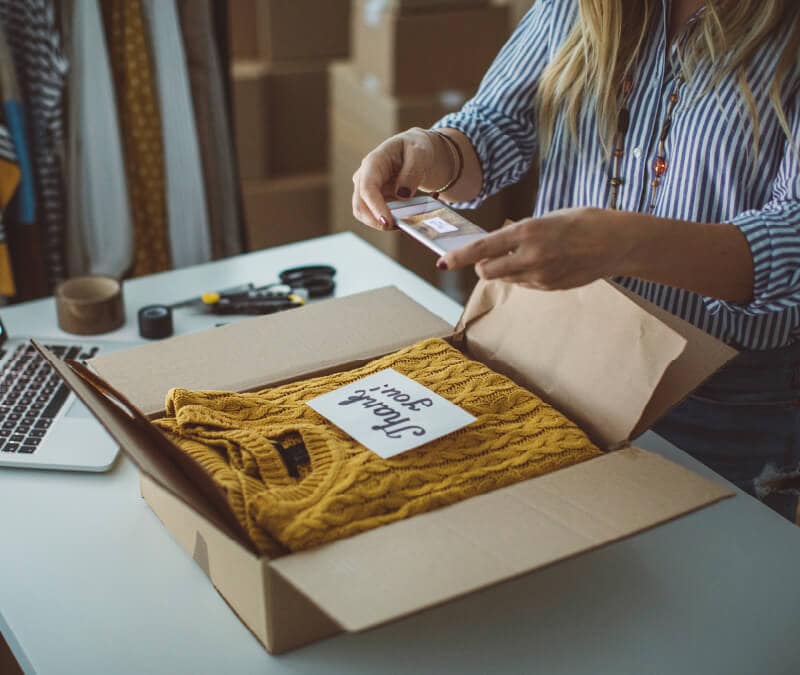
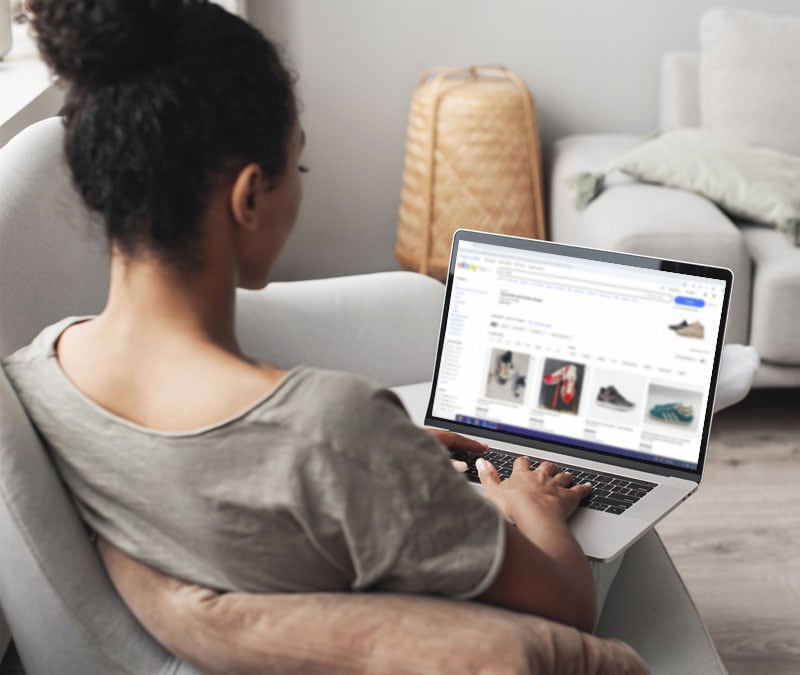

Want more?
Follow us for all the latest news, tips, and updates.